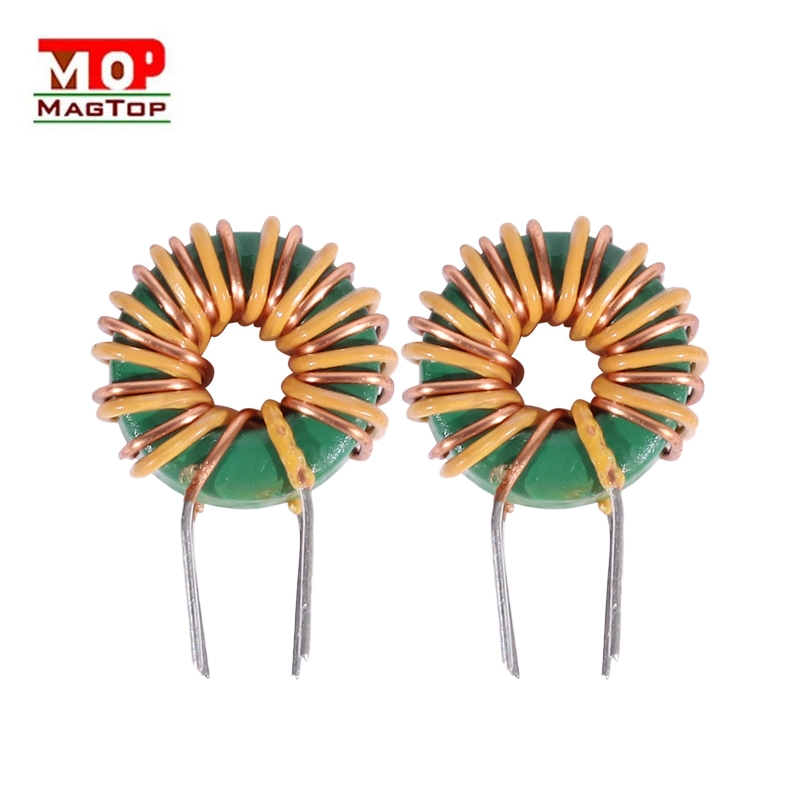Toroidal Power Inductors Enable Breakthroughs in Medical Imaging Technology

The medical device industry is undergoing a quiet revolution as manufacturers increasingly adopt toroidal power inductors in critical imaging and diagnostic equipment. These specialized components are proving instrumental in improving both performance and patient safety in advanced medical technologies.
The Critical Role in Medical Electronics
Modern medical devices demand components that combine high reliability, precision performance, and minimal electromagnetic interference.
Toroidal inductors meet these requirements through their:
Inherently low EMI characteristics(vital for sensitive diagnostic equipment)
Compact form factor (enabling more portable medical devices)
Superior thermal performance (reducing risks in long-duration procedures)
Leading medical manufacturers are now implementing these inductors in:
MRI machines(for improved image clarity)
Portable ultrasound devices (enhancing field diagnostics)
Surgical robots (ensuring precise power delivery)
Case Study: Next-Generation MRI Systems
Siemens Healthineers recently unveiled their new 7T MRI platform featuring advanced toroidal inductor technology. Clinical trials demonstrated 15% better signal-to-noise ratio compared to previous models, directly translating to sharper images and faster scan times.
Dr. Sarah Chen, a radiologist at Johns Hopkins Hospital, noted:
The improved image quality we're seeing with these new systems could revolutionize how we detect early-stage tumors. The power electronics behind this advancement are just as important as the imaging algorithms themselves.
Technical Innovations Driving Adoption
Recent breakthroughs in nanoparticle-impregnated ferrite coreshave enabled toroidal inductors to:
- Operate at higher frequencies without saturation
- Maintain stability across wider temperature ranges
- Achieve unprecedented levels of miniaturization
Market Outlook and Challenges
While the benefits are clear, widespread adoption faces hurdles:
Stringent FDA certification requirements prolong time-to-market
Higher unit costs compared to conventional designs
Specialized manufacturing requirements limit supplier options
However, analysts at Grand View Research predict the medical toroidal inductor market will grow at 12.4% CAGR through 2030, driven by increasing demand for advanced diagnostic equipment worldwide.
- Questions and Answers
- Opinion
- Motivational and Inspiring Story
- Technology
- Live and Let live
- Focus
- Geopolitics
- Military-Arms/Equipment
- Segurança
- Economy
- Beasts of Nations
- Machine Tools-The “Mother Industry”
- Art
- Causes
- Crafts
- Dance
- Drinks
- Film/Movie
- Fitness
- Food
- Jogos
- Gardening
- Health
- Início
- Literature
- Music
- Networking
- Outro
- Party
- Religion
- Shopping
- Sports
- Theater
- Health and Wellness
- News
- Culture

